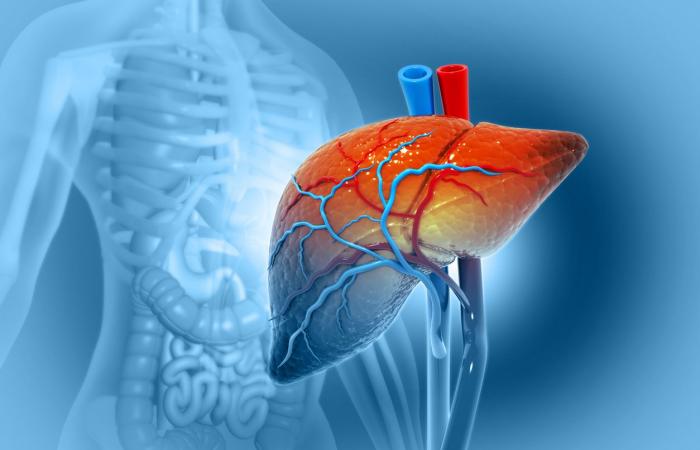Although we often think of our feet as just tools for getting from one place to another, they can give us valuable information about our overall health.
Feet can act as a precursor to several medical conditions including problems with the liver, one of the most essential organs in the human body.
Credits: iStock/Satjawat Bootanataweepol
See how feet can indicate liver problems
What do your feet have to do with your liver?
The liver plays several critical roles in the body, from nutrient metabolism and detoxification of harmful substances, protein production, storage of vitamins and minerals, and production of bile, a liquid essential for the digestion of fats.
When this vital organ is in trouble, it can signal trouble in a number of ways, including through our feet.
What are the signs that appear on the feet?
Some of the ways liver health issues can manifest in your feet include:
- tingling or discomfort;
- dry skin and cracked feet, especially on the heels;
- swelling, also known as edema.
Swelling is caused as the liver plays a crucial role in regulating the levels of albumin in the blood – a protein that holds water in the blood vessels – reduced levels of this protein can result in water leaking into the tissues.
These symptoms should not be ignored as they could be signs of serious conditions such as cirrhosis, hepatitis or liver disease.
Other symptoms of liver problems include:
- Frequent nausea or dizziness;
- Recurrent headache;
- Tiredness for no apparent reason;
- Ease of getting bruises;
- Yellow skin or eyes;
- Dark urine;
- Loss of appetite;
- Yellowish, gray or whitish stools;
- Swollen belly;
- Itching all over the body.
Credits: Mohammed Haneefa Nizamudeen/istock
Meet the liver villains
How to prevent?
If you notice any of these signs, it is important to seek medical attention as soon as possible. Even though the symptoms may seem innocuous at first, they can be an indication that the liver is struggling to perform its functions.
A healthcare professional can do tests to determine the underlying cause of your symptoms and begin appropriate treatment.
By maintaining a healthy lifestyle, consuming a balanced diet, avoiding excess alcohol and exercising regularly, you can help keep your liver healthy.
Additionally, it’s always important to be aware of how your body is feeling and pay attention to the signals it may be sending you about your health.







